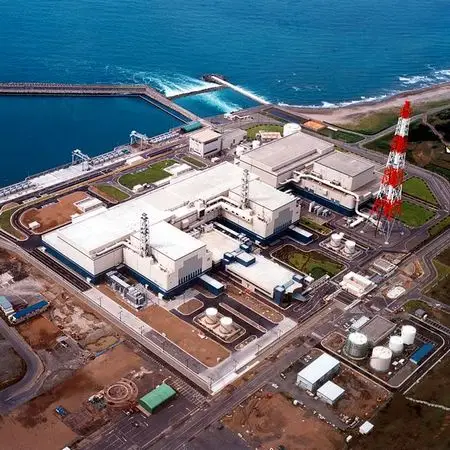Japan lifts ban on operation of world's largest nuclear power plant

The 8,212 megawatt (MW) plant has been out of service since 2012, after the Fukushima disaster a year earlier led to the shutdown of all nuclear power plants in Japan
Japan's nuclear energy regulator decided on Wednesday to lift the ban on the operation of the Kashiwazaki-Kariwa nuclear power plant owned by Tokyo Electric Power (Tepco). This decision allows the company to work on obtaining a restart permit from the local authorities of Kashiwazaki, Kariwa and Niigata Prefecture.
This was reported by company.
The 8,212-megawatt Kashiwazaki-Kariwa power plant has been inactive since 2012, when all Japanese nuclear power plants were shut down as a result of the Fukushima accident. Tepco, the company that owns the plant, has expressed its intention to restart its operation to reduce operating costs.
Despite the lifting of the ban, Tepco still needs to obtain approval from local authorities, including the city of Kashiwazaki, the village of Kariwa and Niigata Prefecture, where the plant is located, to fully resume operations.
This decision is a step towards restarting the plant, but the exact date of restart remains uncertain. It will depend on further negotiations and the consent of the local authorities.
Energy-poor Japan, keeping in mind the strategic aspects of energy security, is seeking to restart its nuclear power plants to reduce its dependence on imported fossil fuels, in particular liquefied natural gas.
This decision is an important step for Japan in the context of its energy security strategy, as it allows it to consider the possibility of restarting the largest nuclear power plant in the world.









